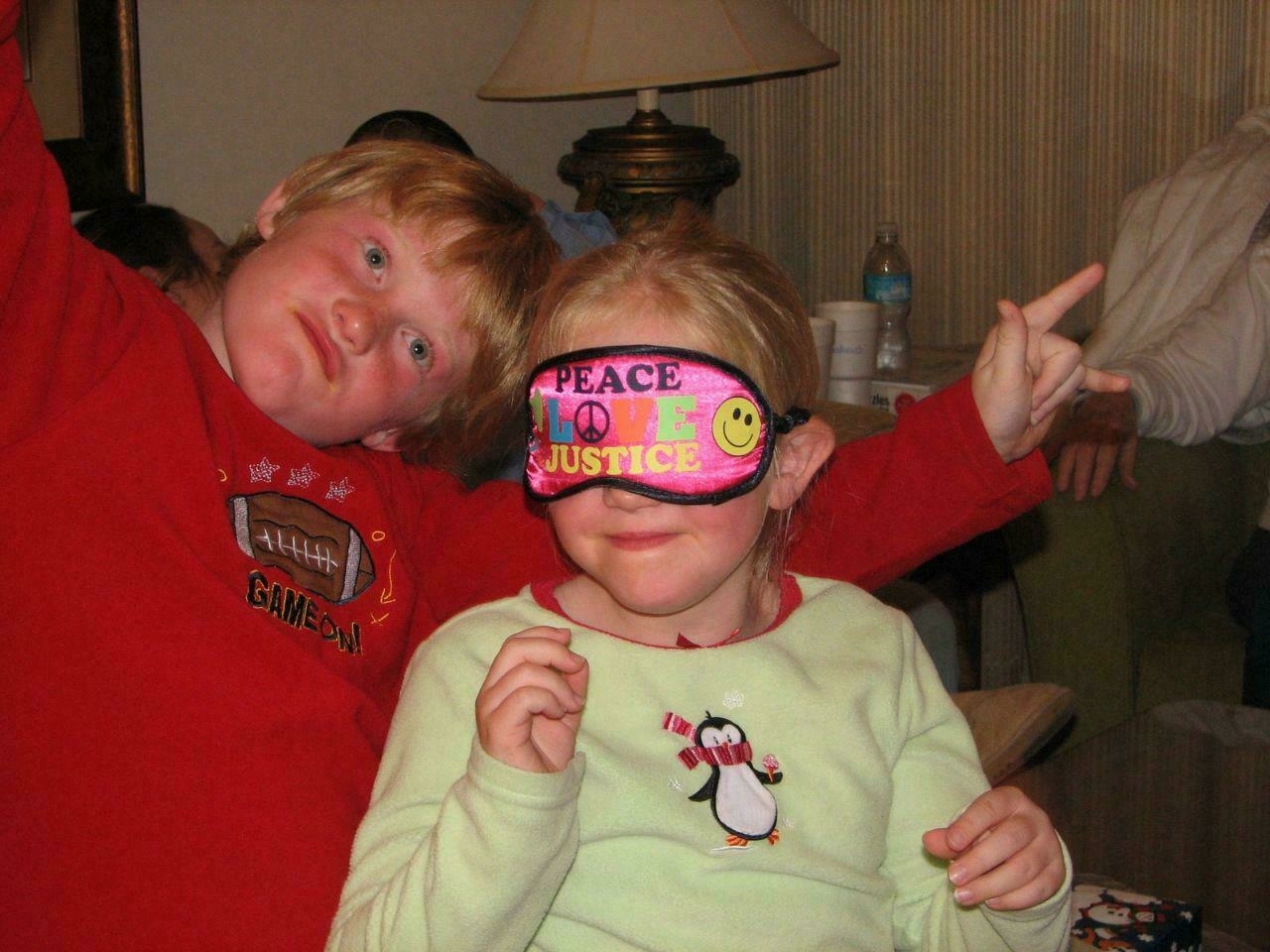Part 3 of 11 on Parenting Principles

My son, Ethan, had been driving for a while. Like modern parents do, we had put an app on his phone called Life 360 to track his whereabouts and keep an eye on his driving. One day we were hanging out at the neighborhood pool with friends. When our daughter, Libby, arrived at the pool she said she had seen Ethan with a bunch of friends in his car driving silly. That was particularly odd since Ethan was supposed to be at a girl’s home eating dinner with her family. I pulled out my handy dandy phone and saw that he was exactly where we expected him to be.
Yet, we didn’t believe our eyes. We believed our daughter’s eyes. Our minds ran with all the ways that Ethan could have gotten around the app. We did not believe the best in our son. I texted him. No response. I called him. No response. I called his friend and he said that he wasn’t with him. Of course, we believed that his friend was covering for Ethan, not that he was telling the truth. I called Ethan again. Finally, he picked up and he was really angry because he felt very rude answering the phone in the middle of dinner.
This scene played out in this particular way because I didn’t trust my son. I didn’t trust that he was the person that I had raised him to be. My own self doubt and sense of personal inadequacy shaped my perception of him. I was projecting myself onto him.
That night, we had a very long conversation. One where Amy and I had to do one of the hardest things in parenting: We asked forgiveness. We had to admit to Ethan that we were wrong. We failed as people to trust someone who was trustworthy. We owned our failure and asked for forgiveness. In that moment, we also felt compelled to put actions to our words and removed the app from his phone. We decided to trust him until he proved otherwise.
Over the years I have had to apologize and seek the forgiveness of Ethan and Libby often. Even when they were little. As a parent we often think we know everything. This is decidedly not true. There will be many times when situations arise that we don’t have the full picture or know all the details. We will make a snap judgment only to learn later that we were wrong in our assessment. When this happens we must own it and seek the forgiveness of the child entrusted to us. Doesn’t this make us look weak? Doesn’t this give too much power to the child? Aren’t we putting ourselves in a position to no longer be able to have them respect us?
Decidedly, no.
When we own our failures and mistakes we humanize ourselves. We actually become a safer place for the people in our lives. They will know that they can come and be honest with us because when we get it wrong we seek to get it right in the end. There is no sense that we are “holier than thou.”
Henri Nouwen talks about becoming a “wounded healer” not a “healed wounder.” When we embrace our own brokenness before the children entrusted to us it opens the door for them to not be perfect. When we don’t hide our sin, they won’t hide theirs either. This means that the time it takes to seek and receive reconciliation in broken relationships is shorter.
If anyone can see our hypocrisy it is the children in our home. They see us at our best and our worst. Remember, children catch more from how they see us live than they are taught by our words. “Do what I say not what I do” doesn’t work in the long run. As parents, we must seek live as honestly and authentically before our kids as possible.
This is so hard to do because it demands us to be vulnerable in front of them. As parents, we all want our kids to be vulnerable with us. Yet, they won’t know how to do that unless we model this for them. One of the key ways to do this is by asking forgiveness when we blow it.
When Ethan and Libby were young, I was working full-time and going to seminary full-time. I was pretty much always exhausted. There was very little in my emotional and relational tanks at the end of a day or week. Too many times to count I was short with them for no good reason and had to say, “Please forgive me, you didn’t deserve that. Dad is really tired. I love you!” The children entrusted to you want to be in relationship with you and they are quick with a, “I forgive you dad! I love you.” Then they will run off to play.
After years and years of building this kind of foundation you come to a place where you blow it big and break their trust. Like we did with Ethan that day. When that happens you will have a platform where your pursuit of forgiveness is understood to be genuine and authentic. That day, Ethan was angry. He spoke truth to us. Ethan also forgave us and as a result our relationship was that much stronger.
If I could encourage a young parent to do just one thing, it would be to own your mistakes with your kids and ask forgiveness.